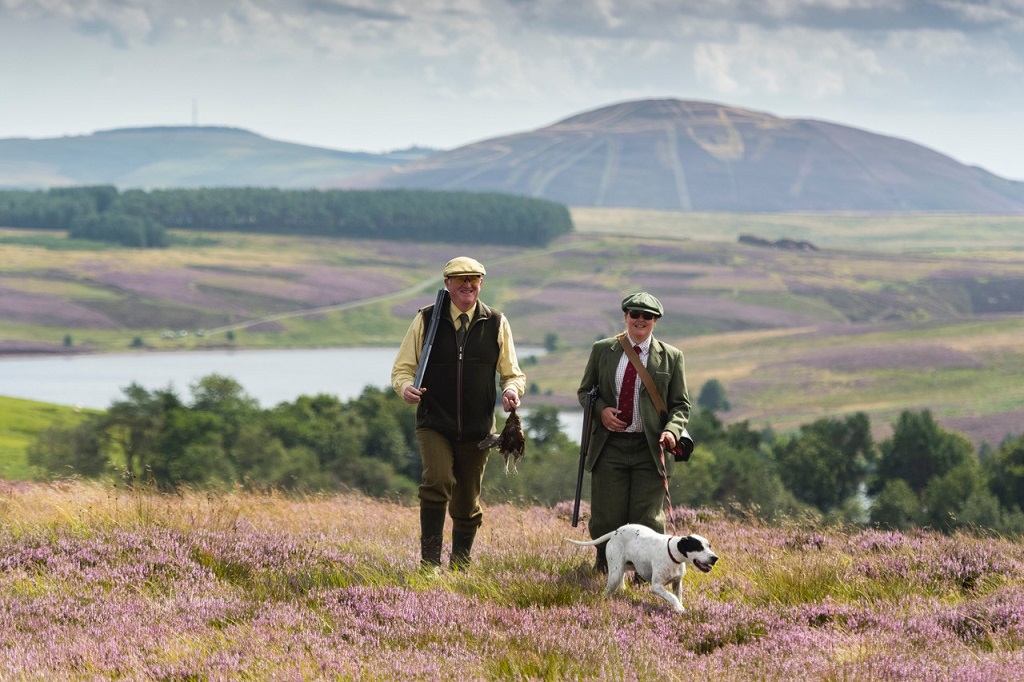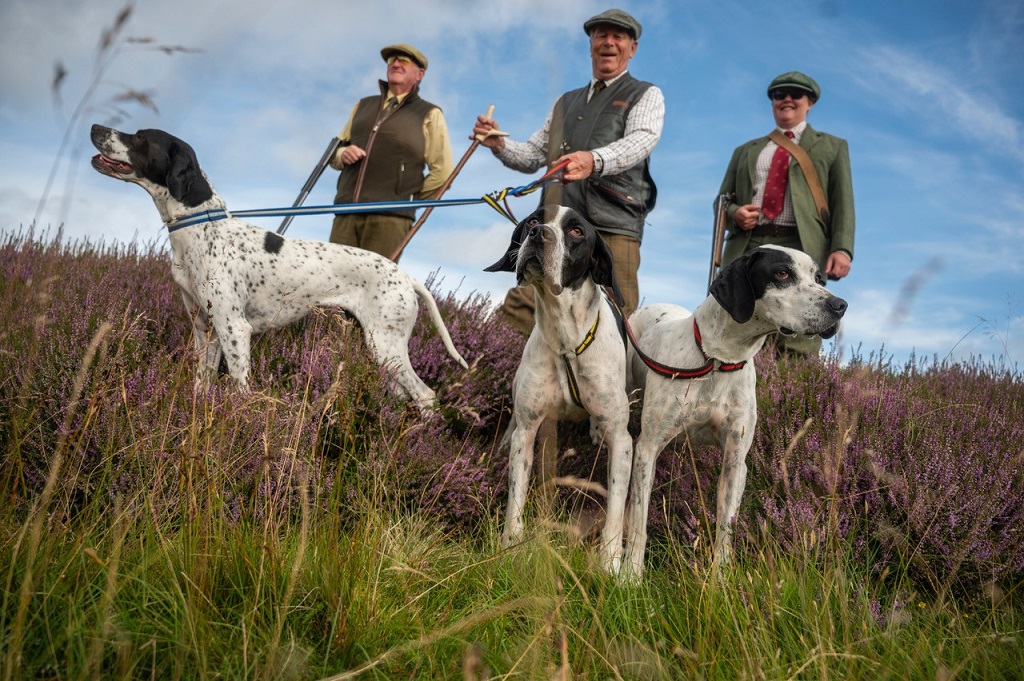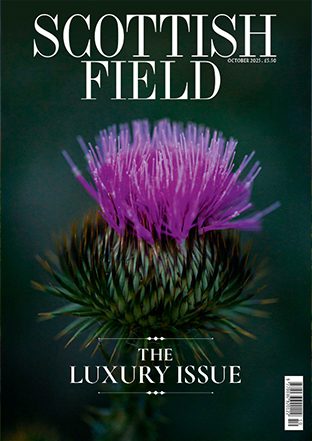
Grouse shooting season underway with Glorious 12th
The annual grouse shooting season got underway yesterday with rural communities urging: ‘support moorland life.’
Newly published research shows that moorland management is sustainable and delivers a host of environmental, social and economic benefits and that alternative land uses would not produce better results.
Rural businesses across Scotland have been writing to members of the Scottish Parliament urging them to ‘Support Moorland Life’ as part of an initiative to demonstrate the multiple benefits produced.
This shooting season is getting off to a quiet start, given poor weather conditions in April and May and it is expected there will be more of a ‘late show’ in September and October.
Roxburghe Estates in the Scottish Borders marked the start of the season with some walked-up shooting today.
Ed Brown, assistant factor at Roxburghe Estates, said: ‘It’s unusual for most estates to be starting beyond the 12th of August but what we do know is that when the season gets under way in the following months it will be a real boost to communities in the area and in particular businesses such as hotels, pubs, restaurants, garages and the like.’

The start of the grouse season (Photo: Phil Wilkinson)
Drew Ainslie, head keeper at Roxburghe and Pam Butler, assistant keeper, were among the first out on the moors.
Drew said: ‘We always welcome the start of the season and we know that it will be a while before it gets going this year. However, the environmental work we do to conserve important habitat and a tremendous range of ground-nesting birds goes on all year, regardless of what the season brings.’
Tim Baynes, from the Gift of Grouse campaign said: ‘Throughout the summer months rural businesses have been writing to Scottish parliamentarians elected in May asking them to support moorland life.
‘This is an important year as the Scottish Government is going to consult on the licensing of grouse moors. Rural voices are working hard to make sure as many people as possible know that we are committed to helping tackle climate change and supporting a wide range of bird species which thrive on moorland.’
Last year, research carried out by Scotland’s Rural College (SRUC) and the James Hutton Institute, studied socioeconomic and biodiversity impacts of driven grouse moors as well as the employment rights of gamekeepers.
Key findings of the latest research include:
- Grouse shooting can ‘generate significant economic impacts for communities’.
- 60%-80% of spending around driven grouse shooting happens in local areas.
- Driven grouse shooting has a higher employment benefit than other moorland uses.
- Gamekeepers and their families are key figures in their local communities.
- Grouse moor management – including muirburn – delivers biodiversity benefits including for a range of at-risk bird species such as curlew and golden plover.

Roxburghe Estates in the Scottish Borders marked the start of the grouse season (Photo: Phil Wilkinson)
Rory Kennedy, Director Scotland, Game & Wildlife Conservation Trust, added: ‘The final pre-season grouse counts undertaken by Game & Wildlife Conservation Trust staff over moors in Scotland would suggest that, for most, this will be another disappointing season with only a small, sustainable harvest taken.
‘Those opposed to grouse shooting would do well to reflect that extensive private investment in the management of Scotland’s grouse moors, whilst delivering a range of benefits across jobs, the rural economy, habitat, biodiversity and ecosystem services, does not always produce a financial return. However, its return does include huge volumes of carbon sequestered by peatland management and management practices that support densities of highly vulnerable bird species.
‘Grouse and our heather moorland are intrinsic parts of Scotland’s rich heritage and culture and we should value that private investment – and those prepared to take the risk – to secure those assets for the future.’
TAGS

